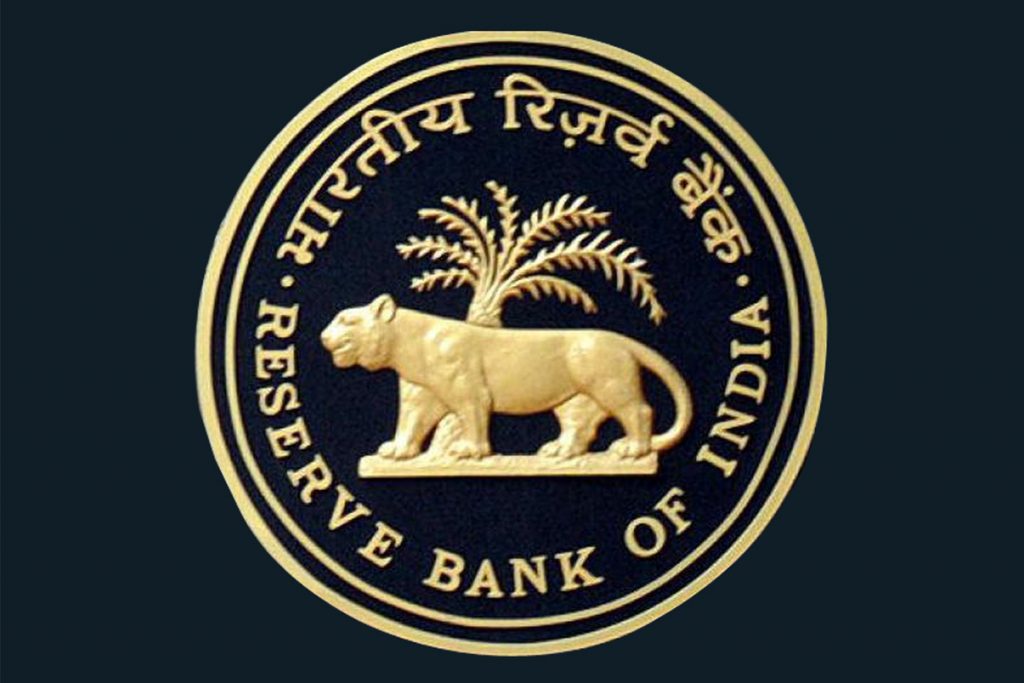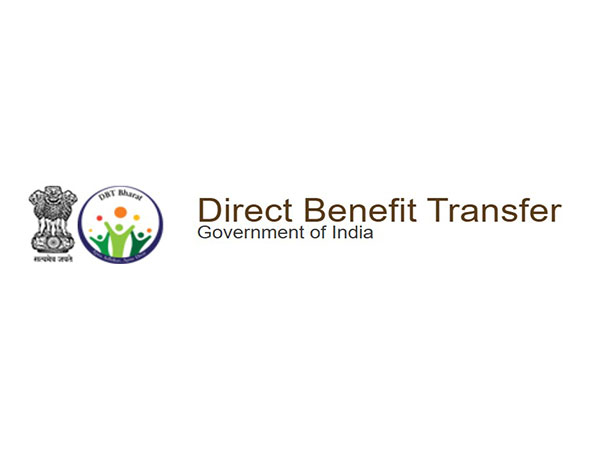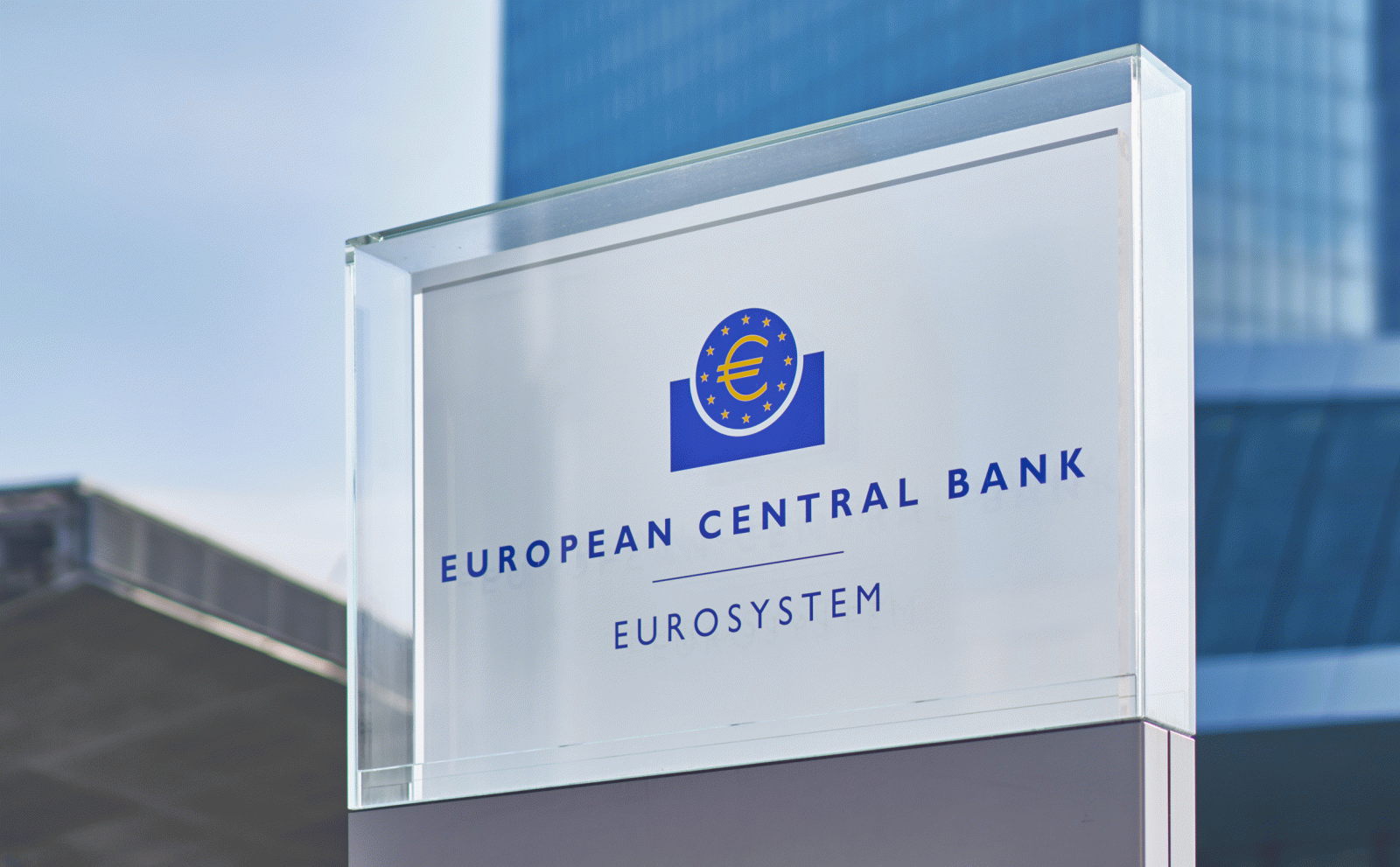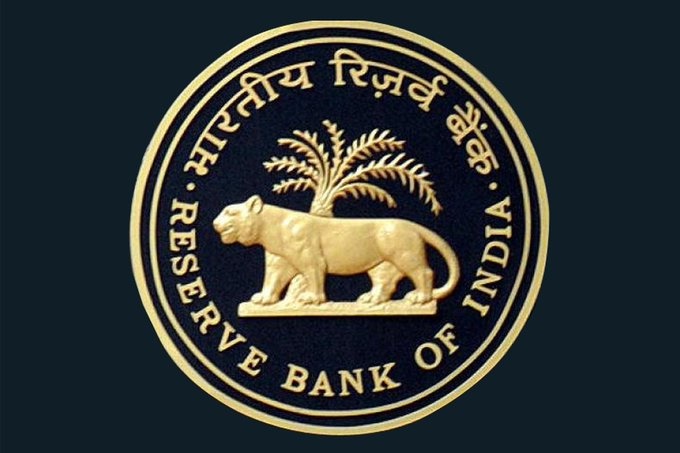RBI Issues Norms to Restricts Banks Capital Market Exposure
Sat 04 May 2024, 12:06:11

Mumbai: The Reserve Bank of India (RBI) on Friday issued norms to reduce the risk faced by banks in their exposure to capital market in the case of issue of Irrevocable Payment Commitments (IPCs) in light of the T+1 settlement regime for stocks. The RBI issued a circular stating that only those custodian banks, who have an agreement with clients giving them an inalienable right over the securities for receiving a payout in the settlement, are permitted to issue IPCs.
This clause will not be insisted upon if the transactions are pre-funded. The clear rupee funds have to be available in the customer’s account or, in case of
foreign exchange deals, the bank’s nostro account has been credited before the issuance of the IPC, RBI said. The maximum intraday risk to the custodian banks issuing IPCs would be considered as capital market exposure (CME) at 30 per cent of the settlement amount. The limit of 30 per cent for risk is based on the assumption of a 20 per cent downward price movement of the equities on T+1, with an additional margin of 10 per cent for further downward movement of price. Earlier, the risk mitigation measures were prescribed based on T+2 rolling settlement for equities (T being the trade day).
foreign exchange deals, the bank’s nostro account has been credited before the issuance of the IPC, RBI said. The maximum intraday risk to the custodian banks issuing IPCs would be considered as capital market exposure (CME) at 30 per cent of the settlement amount. The limit of 30 per cent for risk is based on the assumption of a 20 per cent downward price movement of the equities on T+1, with an additional margin of 10 per cent for further downward movement of price. Earlier, the risk mitigation measures were prescribed based on T+2 rolling settlement for equities (T being the trade day).
No Comments For This Post, Be first to write a Comment.
Most viewed from Business
AIMIM News
Latest Urdu News
Most Viewed
May 26, 2020
Do you think Canada-India relations will improve under New PM Mark Carney?
Latest Videos View All
Like Us
Home
About Us
Advertise With Us
All Polls
Epaper Archives
Privacy Policy
Contact Us
Download Etemaad App
© 2025 Etemaad Daily News, All Rights Reserved.






























